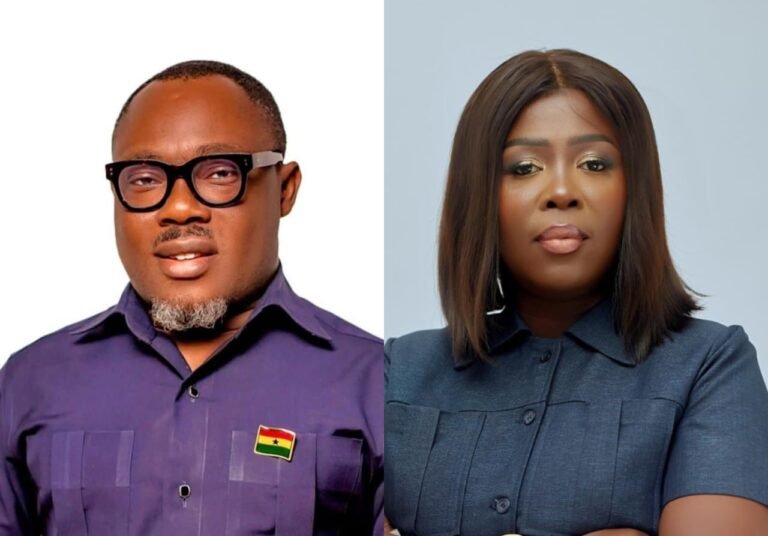
Typical sub-Saharan African, Asian and South American countries going to the International Monetary Fund (IMF), or partnering the World Bank under country programmes to deliver development, is as normal as a kid catching malaria in the tropics.
In our case, Ghana has been a healthy, credible partner of the IMF, World Bank and other multilateral agencies – from the Provisional National Defence Council (PNDC) days, through the JA Kufuor era to John Mahama, and now what is being mooted today.
With our history of political corruption hanging on our shoulders like an albatross, however, ensuring good governance through effective monitoring of appointees, application of funds and execution of projects have been a real challenge, as the annual audit reports have shown.
Little wonder that since the conversation about government going to the IMF began, accusations of corruption and incompetence have been loud, though the propaganda angles have equally been cacophonous.
History
Since independence, Ghana and its leaders have had an almost sustained culture of building people, as enunciated in the Northern and CMB scholarships as well as the Free SHS programme under President Nana Addo Dankwa Akufo-Addo.
While there have also been other training programmes under the several administrations, transiting from the training programmes to accessing jobs have always been a major challenge.
Unfortunately, the missing link has always been inspiring people to venture in entrepreneurship. Additionally, motivating people to aim higher has hardly been part of us, resulting in the tendency of graduates relying on government to deliver jobs at any cost.
Building enterprises
In all of that, we must admit that a major fault in us, as a people claiming to lead West Africa in building enterprises, is reflected in the thousand and one companies that are registered annually, without any evidence of them largely delivering jobs.
That is despite the encouraging picture of abounding businesses we have had along the industrial areas in Accra and Tema, as well as Kumasi and Takoradi, which created enough jobs even for middle school leavers in the early 70s into the late 70s.
That is why the government must, particularly, scan companies and enterprises claiming to be setting up factories and industries because of the abounding incentives, while it consciously puts in place stronger frameworks to underpin our industrialisation agenda.
Monitoring appointees
Monitoring appointees was best under Dr Kwame Nkrumah, who did that through his national intelligence apparatus, except that he failed tragically to crack the whip.
Unfortunately, what we tend to have under our Republics have been the national security agencies targeting opposition elements and psychologically intimidating them away from political power.
It appears that, instead of putting in place robust structures that obligate appointees to deliver or be fired, we have tended to tolerate them, only to replace them after wasting our time with their underperformance.
Monitoring projects
Again, we must collectively be worried about our failure to monitor projects and programmes to sustain their impacts – whether it is agriculture or industry or health and education.
We can find a vivid example in the drainage challenges that manifest in traffic during heavy rains along the NH side of Kasoa-Weija and the degradation of our forests and water bodies through illegal mining, lumbering and illegal acquisitions, just when the global community is discussing climate change as key ingredient in sustained agriculture.
We can also discuss our maintenance culture in terms of roads, education and health facilities.
Beyond IMF
Finally, as the government and civil society engage the IMF for a possible bail out, it is important that we look back holistically on all of these issues in making the engagement relevant and sustainable.
And we must do that, particularly, with regard to the very culture of poor management of state funds within our Ministries, Departments and Agencies, as we have it ritually afflicting us yearly.
As far as the Daily Statesman is concerned, engaging the IMF without taking a critical look at all these issues, and adjusting our governance style accordingly, will only be a formality that will not produce the desired ultimate results.







